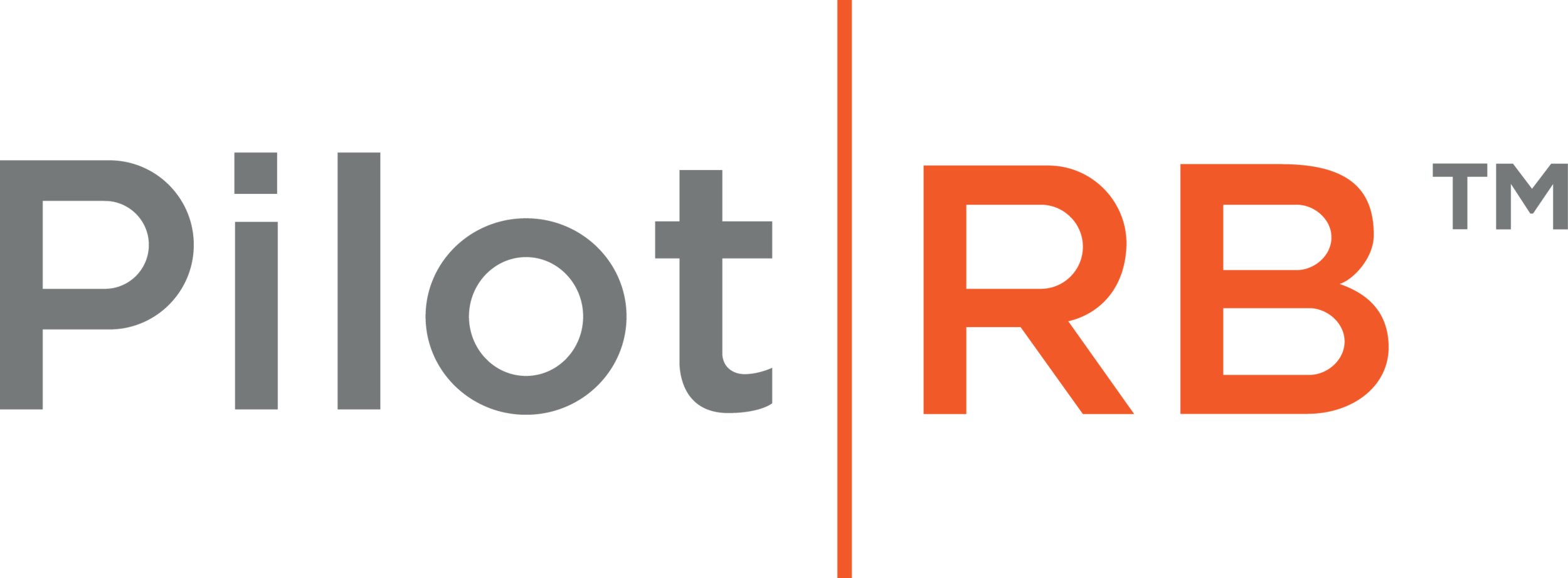Working Past 65: The Complexities of Medicare and Employer Benefits
As the workforce continues to age, more and more employees are working past the age of 65. This trend poses unique challenges for employers, including how to answer questions related to Medicare as compared to the employer health plan. For many employers, Medicare can be confusing terrain, so it's important to understand your obligations and options as an employer.
Medicare is a federal health insurance program that helps cover medical expenses for people who are 65 or older, or have a qualifying disability. There are four parts to Medicare: Part A (hospital insurance), Part B (medical insurance), Part C (Medicare Advantage), and Part D (prescription drug coverage).
Employers cannot ‘force’ or ‘incentivize’ employees to enroll in Medicare. Employees aged 65 and over remain eligible for the same health insurance benefits as all active employees. For employees that choose to drop their employer plan and enroll in Medicare, there are many plans available to them. The cost for Medicare plans varies greatly, and also depends on facts such as the employee’s household income, and whether the employer’s current plan is considered ‘creditable’ for Part D purposes. Plans that cover prescription drugs in a comparable way to Part D are ‘creditable’; plans that do not do so are ‘non-creditable.’ An employee who delays Medicare Part D enrollment while being on a ‘non-creditable’ plan could face higher premiums when they finally do sign up for their Part D plan.
The initial enrollment period is seven months long, beginning 3 months before an employee turns 65 and running for the three months after their birthday month. Medicare is a ‘secondary payer’ to the employer group plan if an active employee chooses to keep the group plan and also enroll in Medicare.
A ‘special enrollment’ period is available when an employee loses group health coverage. This enrollment period lasts eight months from the time health coverage ends and allows them to sign up for Medicare Part A and Part B.
It's a good idea to work with a Medicare consultant who can walk eligible employees through their options while also considering the out of pocket costs associated with making a change from the employer plan. In addition, the enrolled dependents of a Medicare eligible employee are usually impacted when the employee drops the employer plan and chooses to enroll in Medicare. For employers with 20 or more employees, COBRA will be offered to these dependents, which will last for 18 or 36 months depending on the applicable state law.
